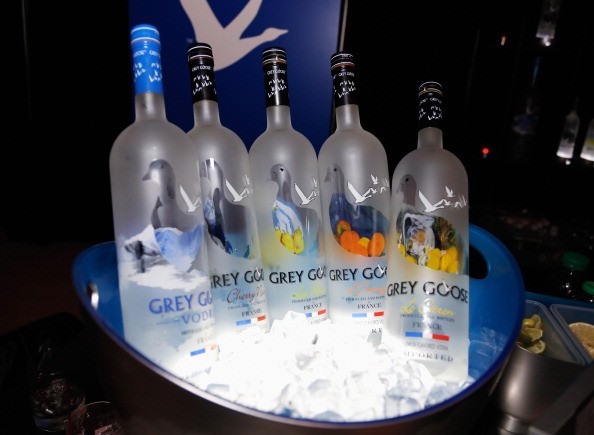
Who doesn't love a glass of wine or two? Still, it is important to be aware that drinking alcohol can gradually escalate to alcohol-related problems, if not practiced mindfully and responsibly.
Whether you're a rare drinker, an occasional one, a moderate wine-toting social butterfly, or a weekly party attender, or if you are going through some alcohol-related problems, here are some strategies you can try, as provided by the NIAAA (National Institute on Alcohol Abuse and Alcoholism).
Monitor your drinking. Find a way that is suited for you, such as marking on a calendar in your kitchen, entering notes in your tablet, cellphone, or even a handy notebook. Take note of each drink before you proceed to drinking as it may help you slow down.
Do the math. To be able to count your drinks accurately, you should first know the standard drink sizes.
Set specific objectives. Set goals relating to the number of days a week you want to drink, as well as the number of drinks you will have on those days.
Provide pace and space. It is recommended to pace yourself whenever you drink. This means sipping slowly, and having no more than one standard alcoholic drink every hour. Give space as well- "drink spacers"- have a non-alcoholic beverage for every other drink.
Eat. Drinking on an empty stomach is a no-no. Having food allows the alcohol to be absorbed into your system more slowly.
Seek other options. Filling free time with other activities and hobbies can be helpful in diverting your energies away from alcohol. If alcohol has been your way to cope with stresses and deal with social situations, there are other healthy ways to face them, and seeking the help of a supportive family, friend, or therapist can help you seek such options.
Stay away from your "triggers". Being self-aware is a huge step, and part of this means knowing what triggers you to drink. Whether it be certain situations, activities, times of day, people, or emotions that reaffirm your drinking urge, it's best to avoid them. However, if it is inevitable and cannot be avoided, plan on doing something else instead of drinking.
Learn how to say "no". There will be times when you will be offered a drink even when you don't want one. Learn how to say "no" in a polite but firm way, and say it quickly and as early as possible so there will be less likelihood of being offered again. Hesitating the first time instead of saying a flat-out "no" can give some space to rationalize and give in to the offer.



